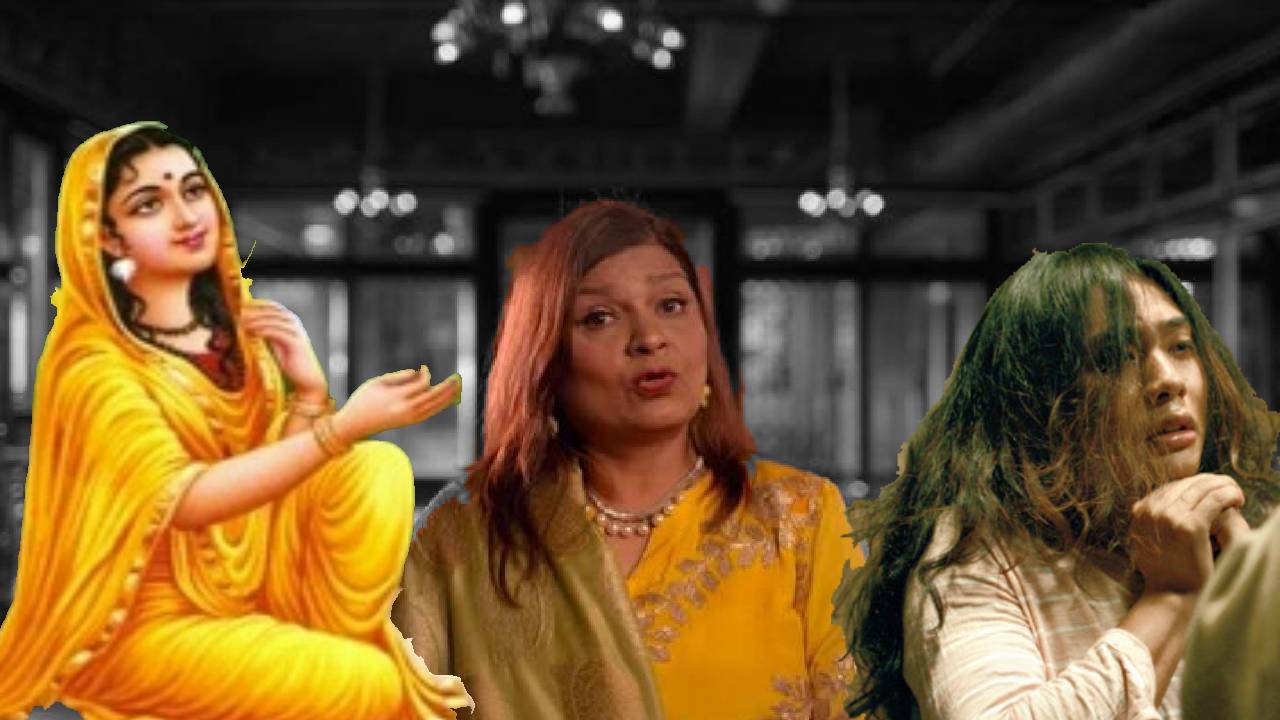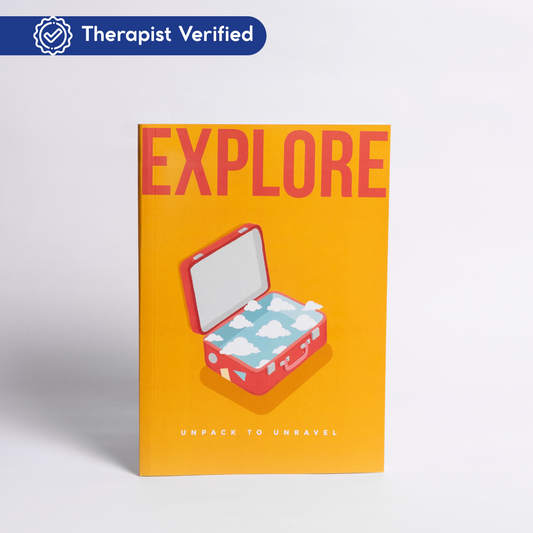As a womxn in India how often have you
Been told to dress a certain way
Been told to walk a certain way
Been told to come home on time
Been told how to carry something
Been told what to drink at a party
Been told what to do when alone, with a stronger, or in a group
Been told to live with a roommate and not alone
Felt unsafe if you were returning home alone at night
Felt unsafe at the train station
Felt you needed to be in a group or have a male companion to enjoy an extra drink on a night out
Carry a sharp object or pepper spray in your bag
Are we, Indian womxn, allowed to let our guard down? What does it feel like to let our guard down? Do we have to accept this as the norm? Do we have to always live in a state of hyper-alertness (arousal) to protect ourselves?
The intention to “protect womxn” comes from the prevalent rape-culture rampant in India forcing most womxn to “limit their movements” under the misogynistic guise of culture, and tradition.
Rape Culture, a form of gender-based-violence, is an environment in which rape is prevalent and in which sexual violence against womxn is normalized and excused in the media and popular culture. Rape culture is perpetuated through the use of misogynistic language, the objectification of womxn’s bodies, and the glamorization of sexual violence, thereby creating a society that disregards womxn’s rights and safety.
Womxn in India are “slut-shamed”, “victim blamed” and branded for “inviting trouble” thus normalizing male predatory behavior. Women and girls seen wearing western clothes, going for a drink to a bar, or smoking a cigarette are seen as “asking for it”. The problem society expects the onus to lie with womxn to appear almost invisible, rather than creating systems that are gender sensitized and mandate severe repercussions for the perpetrator. Our measure to protect womxn is by restricting their movement, dress them in a certain way and teach them to nervous smile while walking away from a perpetrator. Societal structures of keeping womxn at the margins does more damage as it is treating them as invisible
A womxn in India is raped every 15 minutes.
In India we have reports of men having raped 8-month year old babies and 100 year old women, we have cases of an 8 year old girl being raped in a temple, 23 year old student in buses and a vet on the side of a road. Is there any place where an India womxn can let her guard down, and just be? Even the law is a gendered and not representative of the struggles. The Indian legal system demonstrates an inefficacy to present a legal framework free from preconceived sexist biases while dealing with crime against women
Sima Mami, of Netlfix’s Indian Matchmaking, is not alone in perpetuating the need for a women to compromise. This subservient belief dates back to mythological times when even Sita compromised as she accompanied her husband into the wilderness for 14 years, had to walk through fire to test her “honour” and then abandoned in the forest to raise her two sons as a single parent. Misogyny, and gender violence is viewed as an expression of culture and tradition. This is a form of trans-generational trauma that begins at the root religious and societal values.
Rape culture is a form of gender-based-violence and this has a variety of short- and long-term effects on the survivors mental health. Many survivors report flashbacks of their assault, and feelings of shame, isolation, shock, confusion, and guilt. Survivors of rape, sexual assault, physical violence, emotional violence and economic violence are at an increased risk for developing complex PTSD, depression, anxiety, disassociation, and hallucinations because of the trauma endured. Their very sense of self is beaten down to being invisible.






